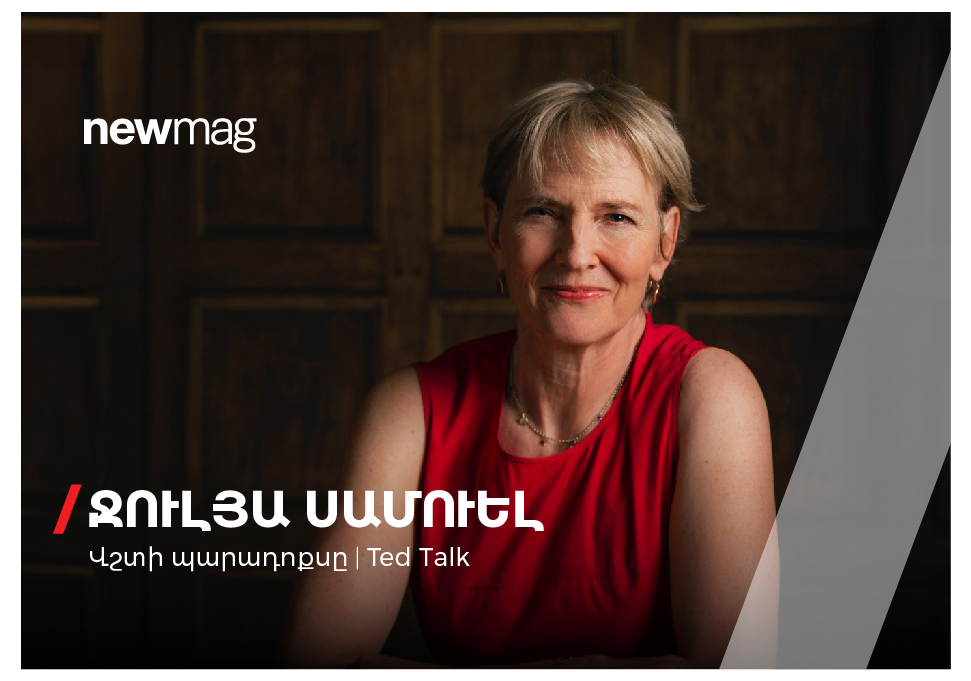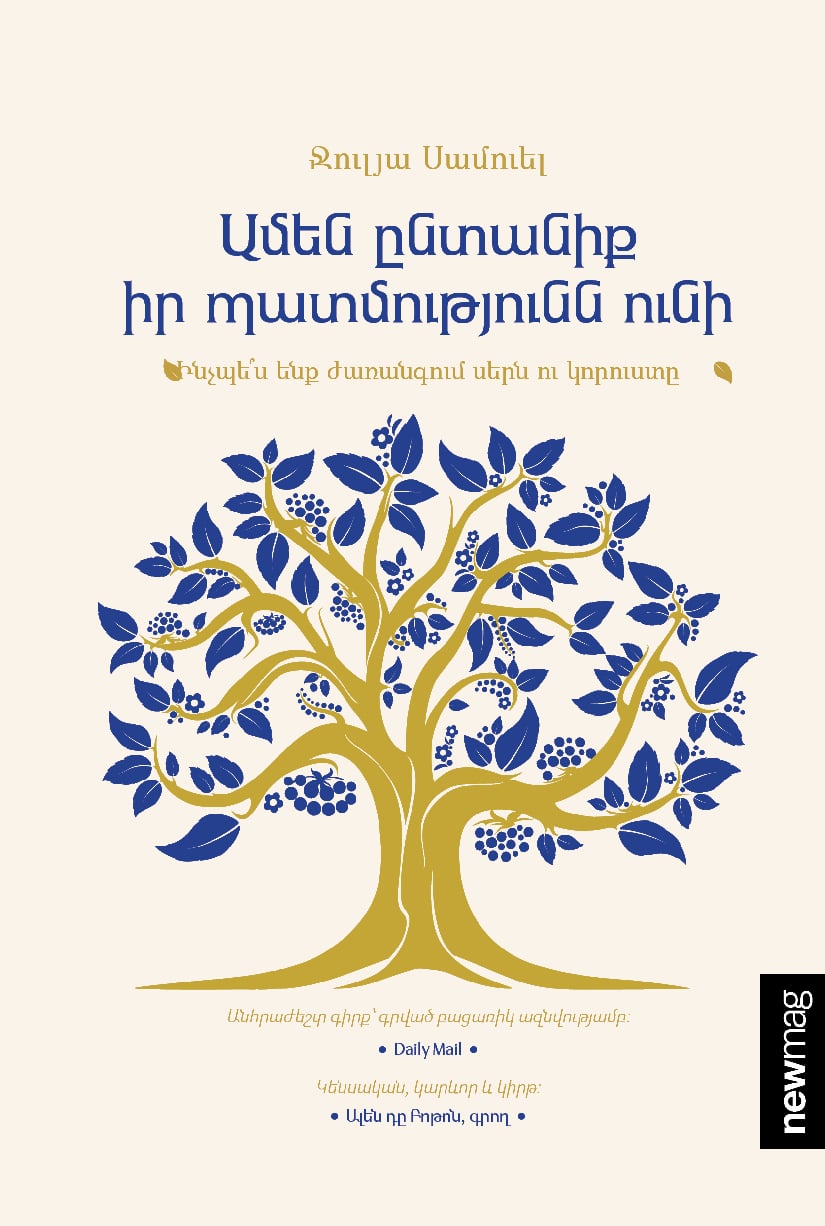Julia Samuel: The Paradox of Grief | TED Talk
11/28/2024

In her TED Talk, celebrated psychotherapist and author Julia Samuel, whose book “Every Family Has a Story” explores themes of love, trauma, and loss across generations, delves into the complex and paradoxical nature of grief. Using her personal history and insights from her therapy practice, Samuel illuminates how pain, when faced rather than suppressed, can become a force for healing and growth.
"Can pain be used for good?" Samuel begins with this profound question. She reflects on her childhood, surrounded by black-and-white photographs of family members she knew little about. Only as a teenager did she learn the tragic stories behind those images: her mother’s parents, brother, and sister all died when her mother was just 25. On her father’s side, she learned of his brother’s death in a dentist’s chair and his father’s sudden passing from a heart attack. Yet, in her family, as in many others, grief was shrouded in silence.
"In my childhood, emotions were denied. What wasn’t spoken about couldn’t hurt. This silence taught me that grief and sadness were to be buried, not expressed."
It wasn’t until her late 20s, when she began working as a psychotherapist, that Samuel started to confront the unspoken grief within herself. Her work with grieving individuals revealed a universal truth: unacknowledged pain doesn’t dissipate; it festers. In fact, 15% of psychological disorders are linked to unresolved grief, emphasizing the importance of addressing loss openly and directly.
Samuel challenges common misconceptions about grief, such as the notion that it follows a predictable series of stages or that time alone can heal.
"Grief is not linear; it’s chaotic, consuming, and unpredictable," she explains. "It changes us. On the outside, we may look the same, but inside, we are profoundly altered."
Through the story of her client Mona, whose mother died after a long illness, Samuel illustrates the transformative potential of confronting grief. Initially, Mona sought to suppress her pain, hoping therapy would "fix" her sorrow. But Samuel emphasized that pain itself is the cure—a concept central to what she calls the paradox of grief.
"It’s not the pain of grief that harms us; it’s our attempts to suppress it. Facing the pain, moment by painful moment, is the only way to heal."
Samuel introduces the dual-process model of grief, which oscillates between confronting the loss and engaging with life. Mona eventually embraced this balance, finding ways to reconnect with her late mother by cooking her favorite meals and listening to her favorite songs.
"The person is gone, but the relationship continues. Love never dies," Samuel reminds us.
This enduring connection to loved ones allows for what Samuel calls post-traumatic growth—a strengthening born of pain.
"Grief shatters us, but it also deepens our appreciation of life and expands our capacity for love," she says.
Returning to the photographs of her childhood, Samuel reflects on her own journey. By facing her grief and writing about her parents, she not only healed but also deepened her love for them.
"Yes, pain is healing. Grief, if we let it, can work for good."
Julia Samuel’s “Every Family Has a Story” is available at newmag.am and in bookstores. It offers readers and professionals alike invaluable insights into how families navigate love, trauma, and loss, making it an essential guide to understanding the complex fabric of human relationships.

Julia Samuel
6800 ֏
Description
Why do some families thrive in adversity while others fragment? How can families weather difficult transitions together? Why do our families so often exasperate us? And how can even small changes greatly improve our relationships?
In Every Family Has a Story, bestselling psychotherapist Julia Samuel turns from her acclaimed work with individuals to draw on her sessions with a wide variety of families, across multiple generations. Through eight beautifully told and insightful case studies, she analyzes a range of common issues, from loss to leaving home, and from separation to step-relationships, and shows how much is, in fact, inherited—and how much can be healed when it is faced together. Exploring the relationships that both touch us most and hurt us most, including the often under-appreciated impact of grandparents and siblings, and incorporating the latest academic research, she offers wisdom that is applicable to us all. Her twelve touchstones for family well-being—from fighting productively to making time for rituals—provide us with the tools to improve our relationships, and to create the families we wish for. This is a moving and reassuring meditation that, amid trauma and hardship, tells unforgettable stories of forgiveness, hope and love.
Read also

Winterfest to feature David Georgyan’s sci-fi action novel Impedance (trailer)

At Winterfest 2026, Newmag will present Marianna Hakobyan’s “Don’t Change the Names” (trailer)

Closing and Award Ceremony of the “Sprout in Armenian – 2025” Competition at Newmag Winterfest

“I hope my story will inspire many and help them keep believing and dreaming.” Henrikh Mkhitaryan’s welcoming speech to Armenian fans (video)

